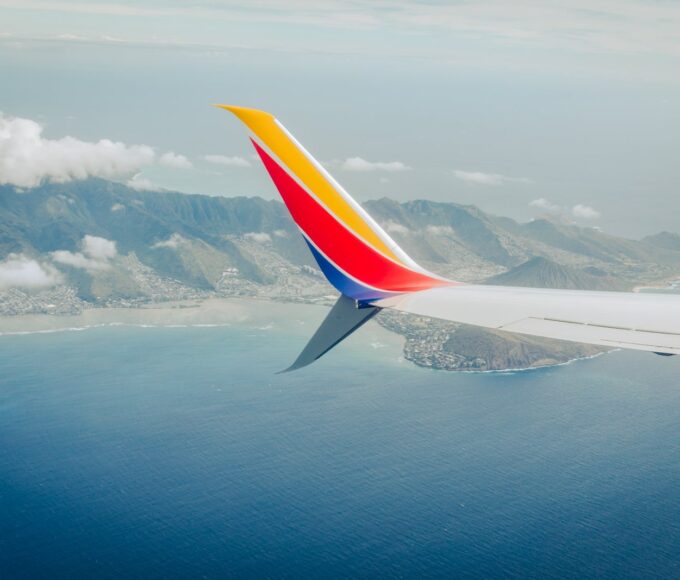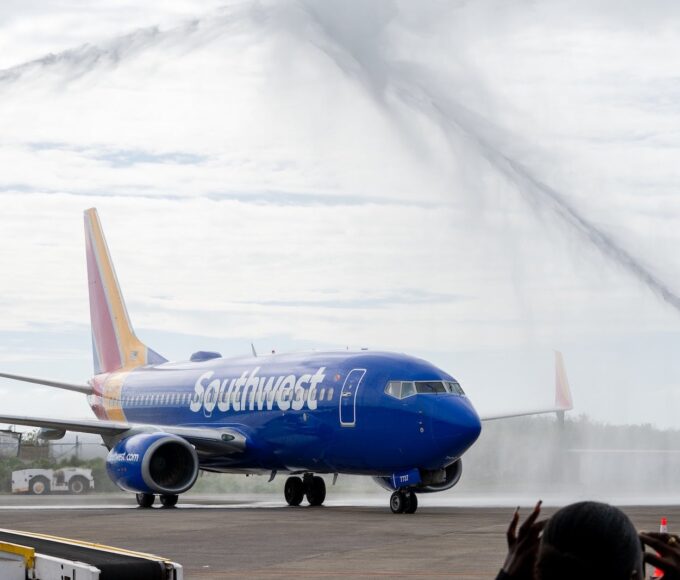Air Canada strike ends, but travelers should expect a bumpy restart
Air Canada was set to resume flying Tuesday after it reached a mediated agreement with its striking flight attendants union.
The strike that began Aug. 16 forced Air Canada and its affiliate Air Canada Rouge to cancel thousands of flights that affected hundreds of thousands of customers. Regional flights operated by Air Canada Express partners Jazz Aviation and PAL Airlines were not affected by the strike.
The agreement followed a tense standoff between the airline and the Canadian Union of Public Employees, which represents the carrier’s attendants. Air Canada appeared set for a restart Sunday after the Canadian government ordered the attendants to return to work — an order that the labor group defied.
Now, however, the mediate agreement paves the way for Air Canada flights to resume, though travelers should expect a bumpy restart.
Air Canada said that while flights were to resume Tuesday evening, it could take up to 10 days to resume normal operations “as aircraft and crew are out of position.”

“We deeply regret and apologize for the impact on them of this labour disruption,” Air Canada CEO Michael Rousseau said in the statement. “Our priority now is to get (customers) moving as quickly as possible. Restarting a major carrier like Air Canada is a complex undertaking … so we ask for our customers’ patience and understanding over the coming days. I assure them that everyone at Air Canada is doing everything possible to enable them to travel soon.”
Air Canada typically operates more than 720 flights daily, according to aviation data firm Cirium, including about 200 daily flights between the U.S. and Canada.
The strike came after flight attendants and the airline failed to reach an agreement over compensation for cabin crew. A key sticking point had been whether — and how much — flight attendants are paid when the plane is on the ground, such as during boarding and deplaning, according to CTV News.
For now, Air Canada is urging travelers not to head to the airport “unless you have a confirmed itinerary.”
The airline also issued a travel waiver allowing passengers with flights between Aug. 15 and Aug. 22 to change their flights to another date between Aug. 23 and Sept. 30 without any fare differences. Travelers can also cancel their flights altogether and get travel credits for any unused flights in their itinerary.
United Airlines, which codeshares with Air Canada through the Star Alliance network, also issued a travel waiver allowing customers with flights to big Canadian airports scheduled Aug. 15-22 to rebook with no fees for travel by Aug. 29.
If your travel is disrupted, be sure to check in with your travel insurance or credit card, which may cover some incurred expenses. If you don’t have insurance, Air Canada will not cover things like hotels or meals. According to the Associated Press, Canadian regulations do not consider cancellations caused by a strike to fall under the airline’s control, meaning customers are not entitled to compensation.
Related reading:
- When is the best time to book flights for the cheapest airfare?
- The best airline credit cards
- What exactly are airline miles, anyway?
- 6 real-life strategies you can use when your flight is canceled or delayed
- Maximize your airfare: The best credit cards for booking flights
- The best credit cards to reach elite status
- What are points and miles worth? TPG’s monthly valuations
Editorial disclaimer: Opinions expressed here are the author’s alone, not those of any bank, credit card issuer, airline or hotel chain, and have not been reviewed, approved or otherwise endorsed by any of these entities.
Related Articles
Comparing Southwest card benefits: The Southwest Plus, Premier and Priority go head-to-head
Southwest Airlines has brought in the era of checked bag fees, an...
Southwest is adding Starlink Wi-Fi to its planes: 300 jets to get fast tech in 2026
It’s been less than three months since Southwest Airlines made its on-board...
The 11 best places to see cherry blossoms across the US this spring
Nothing quite captures the joyous arrival of spring like cherry blossom season....
United Quest Card review: A great mid-tier option for United loyalists
United Quest Card overview The United Quest℠ Card (see rates and fees)...








Leave a comment